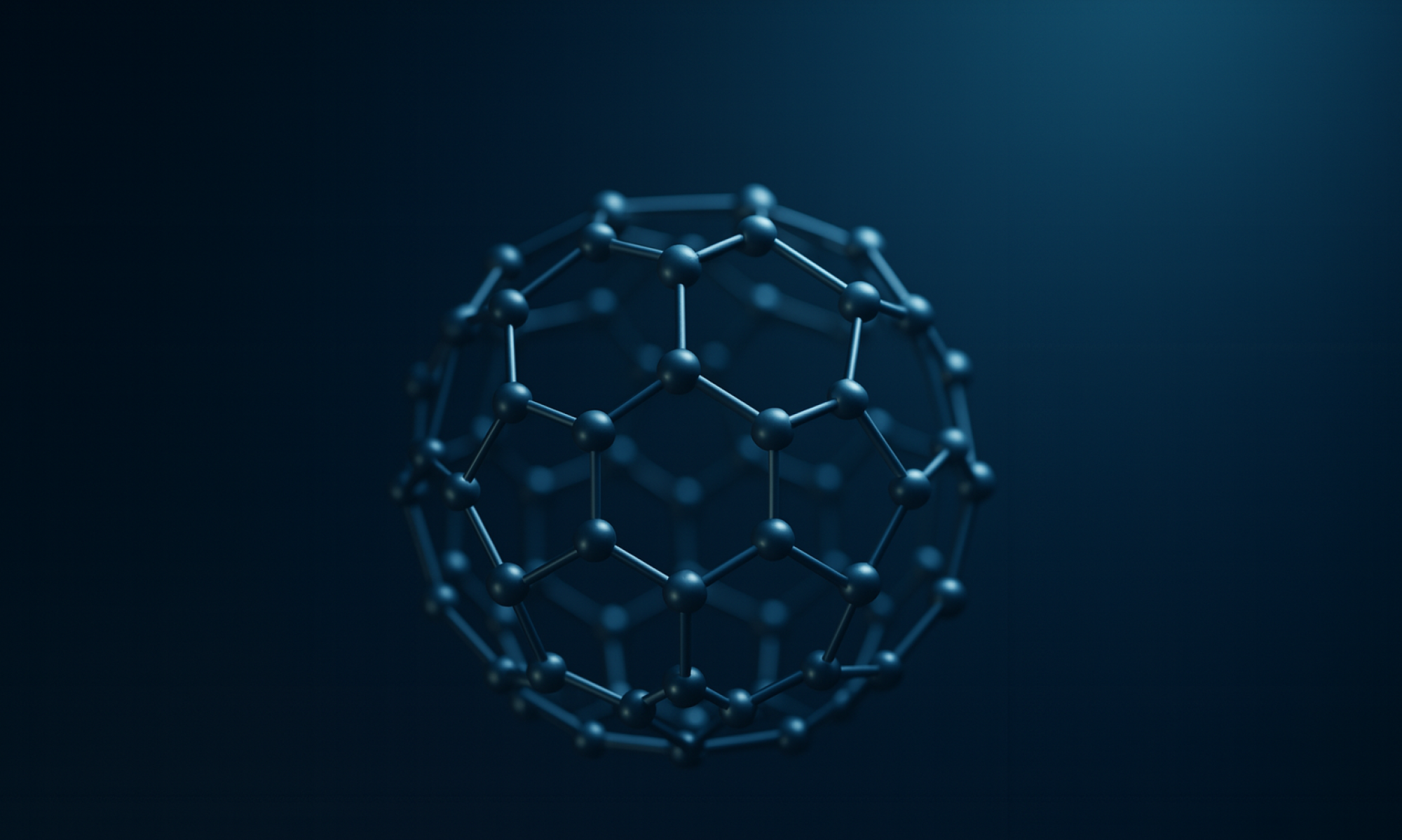
The Nanocarbon Laboratory at the University of Parma is dedicated to the experimental research of advanced carbon nanostructures, including fullerenes, graphene-related materials, and activated carbon biochars. The laboratory’s activities cover the entire research pipeline, from synthesis to structural, electrochemical, and magnetic characterization.
Research Focus
The core of our research is the synthesis and functionalization of carbon-based nanomaterials tailored for a wide range of applications, such as:
- Energy storage systems (e.g., battery electrodes, electrolytes and supercapacitors)
- High-temperature superconductivity
- Electrochemical biosensors for wearable applications
- Mechanical reinforcement of epoxy resins and cements through carbon-based additives
In the field of energy-related applications, the laboratory develops innovative technologies for energy conversion, transport, and storage, with a focus on integrating functionalized carbon nanomaterials into working prototypes, including:
- Next-generation batteries: Li-ion, Na-ion, Mg-ion
- Solid-state gas ad/absorbers, especially for ammonia and hydrogen storage
- High-performance electrochemical supercapacitors
Laboratory Capabilities
The Nanocarbon Laboratory is equipped with a wide array of facilities for both synthesis and characterization, enabling interdisciplinary research across materials science, chemistry, and physics.
Synthesis and Treatment Techniques:
- Mechanochemistry (ultrasonication and high-energy ball milling)
- Thermal treatments under controlled atmospheres (up to high temperatures)
- Solvothermal and hydrothermal synthesis
- Wet chemical synthesis in inert atmosphere using glass-lined reactors
Electrochemical Characterization:
- Three-electrode systems for cyclic voltammetry, EIS, and DC conductivity
- Coin-cell prototyping (CR-2032 format) for full-cell testing: galvanostatic cycling, CV, etc.
Advanced Characterization Methods:
- 2D Powder X-ray Diffraction (XRD)
- Scanning Electron Microscopy (SEM) with EDX
- BET surface area and porosity analysis
Computational Tools:
- Materials Studio (Biovia) is employed for molecular modeling and simulation of nanostructured materials, aiding in the understanding of structure–property relationships, adsorption phenomena, and electronic properties.
